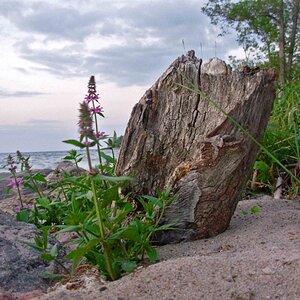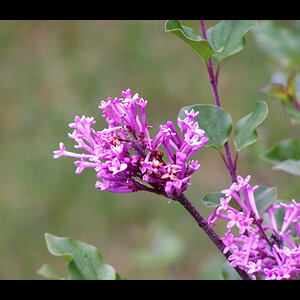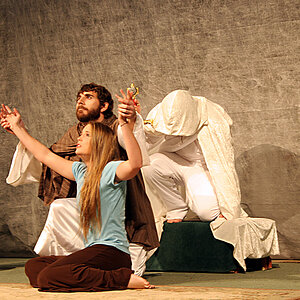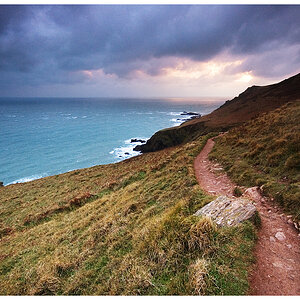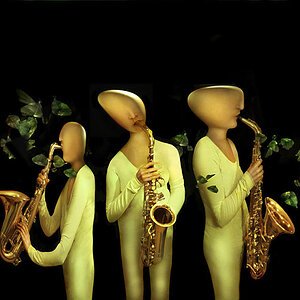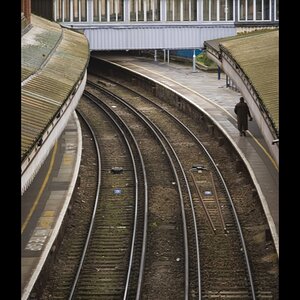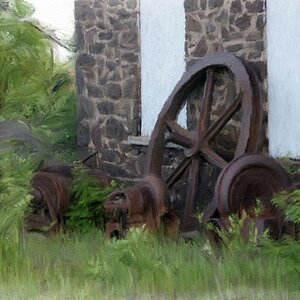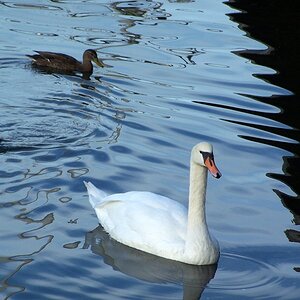gsgary
Been spending a lot of time on here!
- Joined
- Oct 31, 2008
- Messages
- 16,143
- Reaction score
- 3,002
- Location
- Chesterfield UK
- Website
- www.gsgary.smugmug.com
- Can others edit my Photos
- Photos OK to edit
How long do you look round in an area before you start shooting ? I can be a hour or more, I dont shoot landscapes not in the way you see it, I look for miniature landscapes in the landscape, try going out without a camera and you will see loads to shoot, I also think this is a problem with digital you can shoot and not worry about spending money thats why I shoot 99% film


